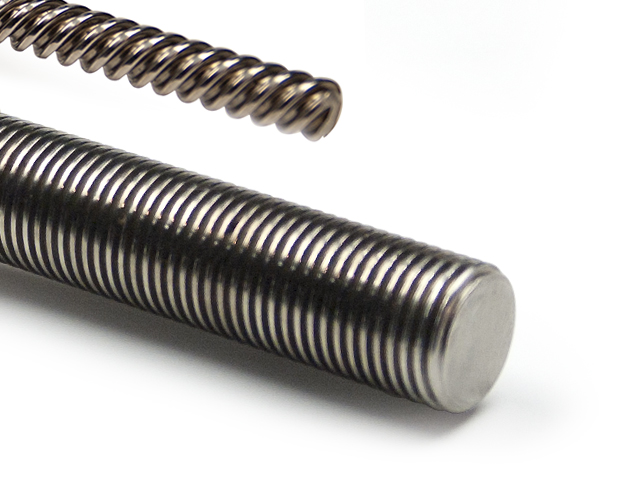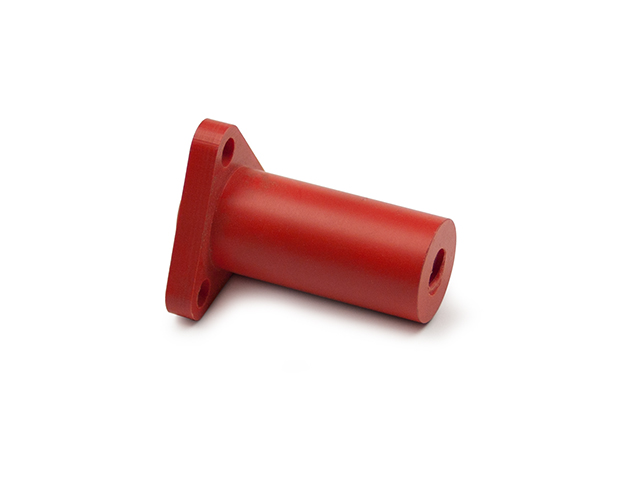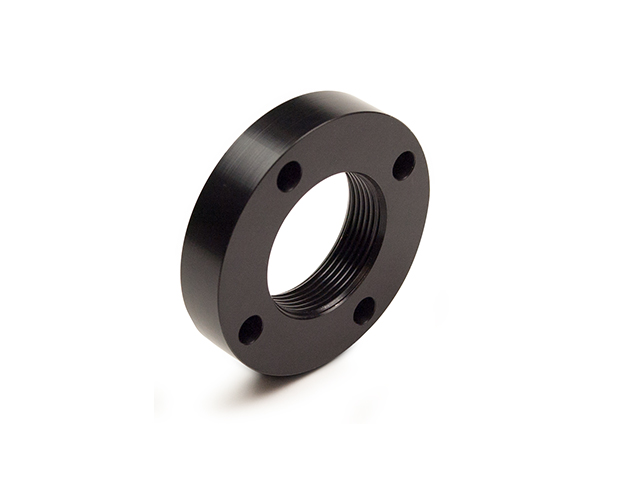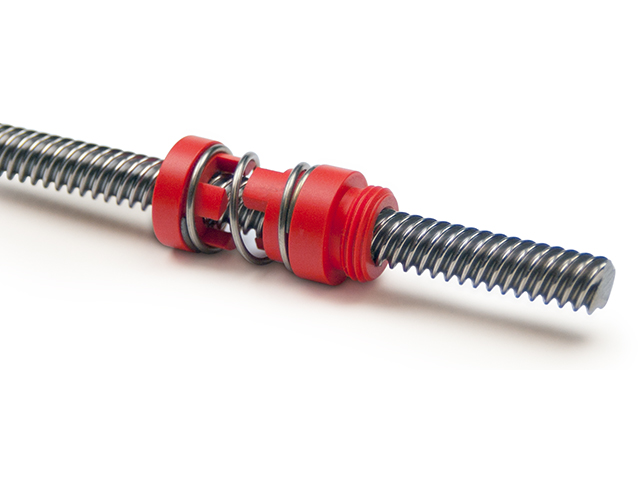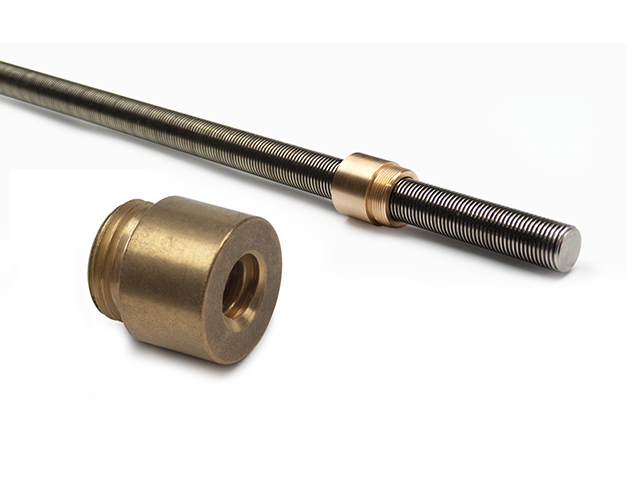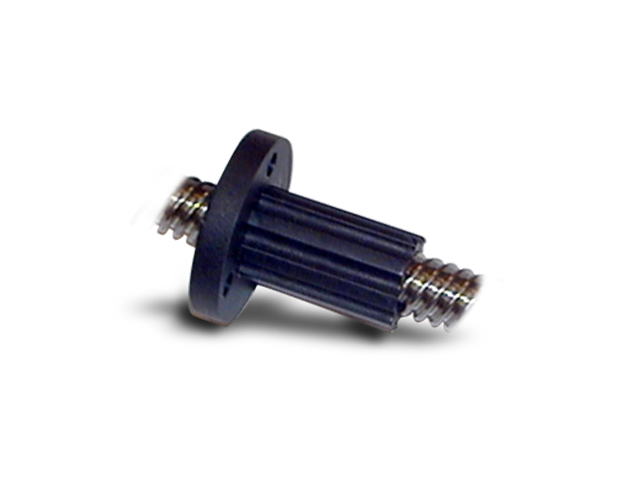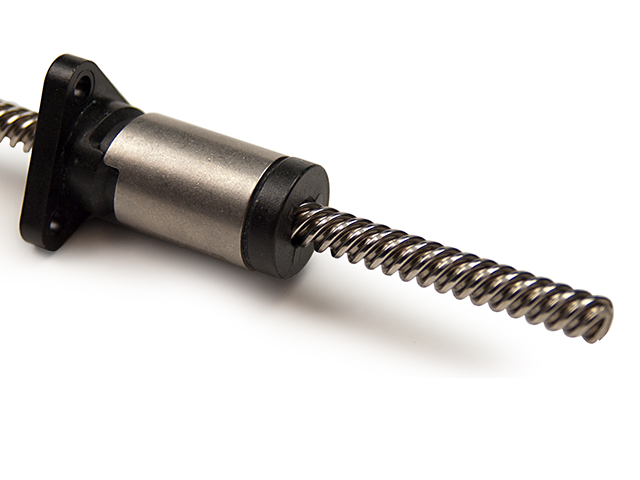Lead Screws & Lead Screw Nuts
Lead screws are more cost-effective than ball screws. Lead screws mate with nuts and have deeper helical threads. The lead screw runs hotter and wears out faster than ball screws because of the increased friction created as the nut travels along the screw. Because of the friction, there is greater wear in the lead screw assembly, requiring replacement more often. Lead screws are self-locking; therefore, a brake mechanism is not necessary. Lead screws work best in applications where linear motion is transmitted vertically, such as in heavy-lifting applications. They are used in the life sciences and laboratories for DNA processing equipment.
The factors that will most likely determine which one is best for your application are friction, load, accuracy, lead accuracy, and axial force. The following factors should also be considered: wobble, noise, maintenance, accuracy, and longevity. Call us for secondary operations such as finishing the ends to fit a bearing or motor so that it works perfectly with your design. Lead screws are available in 1 to 6 ft lengths, with screw sizes ranging from ¼-20 through 1-10.



